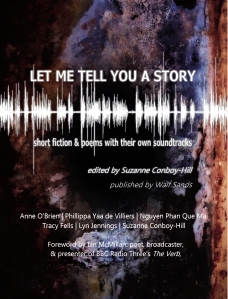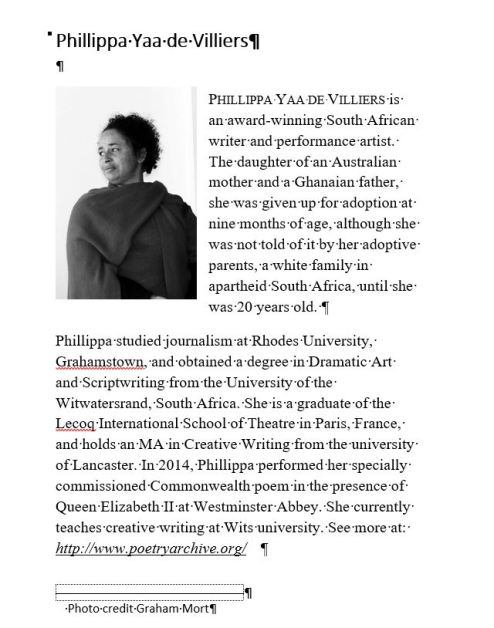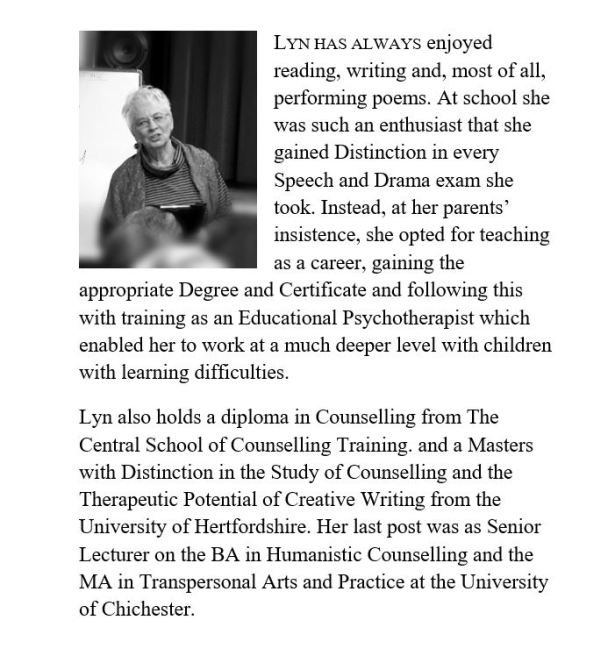 This is an exciting moment because, in a world crammed with books and content in print and digital form, I believe this is different. Each story or poem has at its head a QR code; scan it and you go directly to the voice file of its author, which means you can read along with them; hear the words, the rhythms and the pauses the way they were written; get to grips with unfamiliar words or find a beat in a poem you didn’t know was there. This is what Ian McMillan says:
This is an exciting moment because, in a world crammed with books and content in print and digital form, I believe this is different. Each story or poem has at its head a QR code; scan it and you go directly to the voice file of its author, which means you can read along with them; hear the words, the rhythms and the pauses the way they were written; get to grips with unfamiliar words or find a beat in a poem you didn’t know was there. This is what Ian McMillan says:
“Sometimes I can read a poem on the page and I can’t quite make out what the author’s intention was: there’s something there, I can tell, but it’s hidden in the language-mist. When I hear the poem read aloud, (or accompanied by music, or acted out by a variety of voices: anything is possible once you start down this road) then the clouds are blown away and the poem does what it meant to say on the tin, to re-fashion an advertising slogan.”
The contributors are accomplished writers (although I can hardly speak for myself, that must be in the eye of the reader) but they have gone out on what is for some, an unaccustomed limb and recorded their stories or poems too. I’ll be forever grateful that they were willing to take this step and help bring to fruition a project that has been stewing for many years, one that I hope will help enhance the reading experience for many, and make it more possible for those put off by their early struggles with it.
I believe it’s a first. I believe this hasn’t been done before. And I believe the technology and the incentive just came together to make reading a much more enjoyable thing for many more people. There are applications beyond fiction though – look out now for this #QR4PR; a campaign to get QR codes on public information leaflets so that no adult need have essential information read to them by a stranger, their nine year old son, or perhaps the person who will use that information to abuse them. There’s more about those issues here but in the meantime, please consider purchasing a copy of the book or asking your library to get it for you. Let publishers know you’d like QR codes in some of the classics when they come up for reprint, tell local language schools they could do this themselves for their own students with their own material. Give it a go yourself for your village newsletter, your promotional leaflet, your birthday card to the auntie who can never find her glasses. Let Me Tell You a Story – out now.









